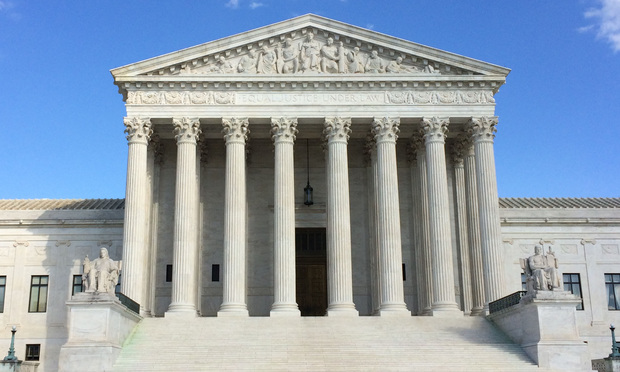On Tuesday, the Supreme Court released its long-awaited opinion in Omnicare v. Laborers District Council, 575 U.S. ____ (2015), which rejected the application of a solely objective standard in assessing whether a statement of opinion may be considered a false statement in the context of a claim pursuant to Section 11 of the Securities Act of 1933. Read in conjunction with Second Circuit precedent, Omnicare will likely make it more difficult for plaintiffs, including the Securities and Exchange Commission, to prevail in actions in which they allege false and misleading statements of opinion, including statements that are inherently subjective in nature (e.g., certain accounting disclosures).
Background
The Omnicare case centered on the interpretation of Section 11 of the Securities Act, and whether the plaintiff could adequately plead a claim for a statement of opinion in a registration statement as false or misleading simply by alleging that the opinion was objectively false. The statements at issue concerned Omnicare’s belief that certain of its business practices were in compliance with the law. Specifically, the plaintiffs alleged that Omnicare’s statement that it “believe[d] [its] contract arrangements with other healthcare providers, [its] pharmaceutical suppliers and [its] pharmacy practices [were] in compliance with applicable federal and state laws” was false and misleading.



